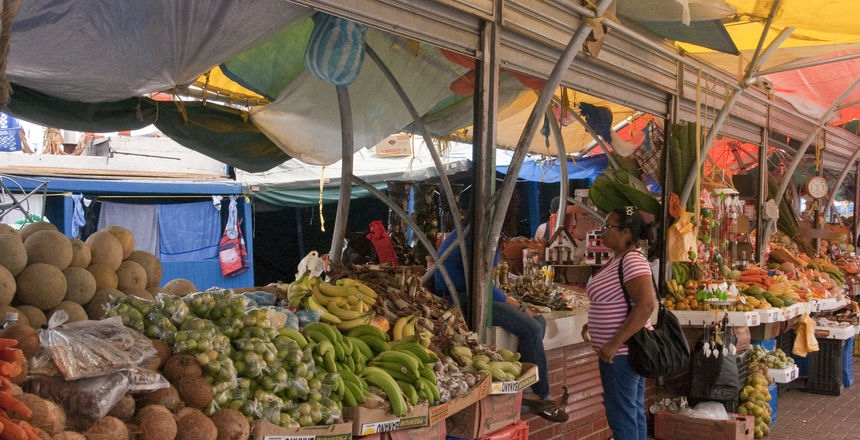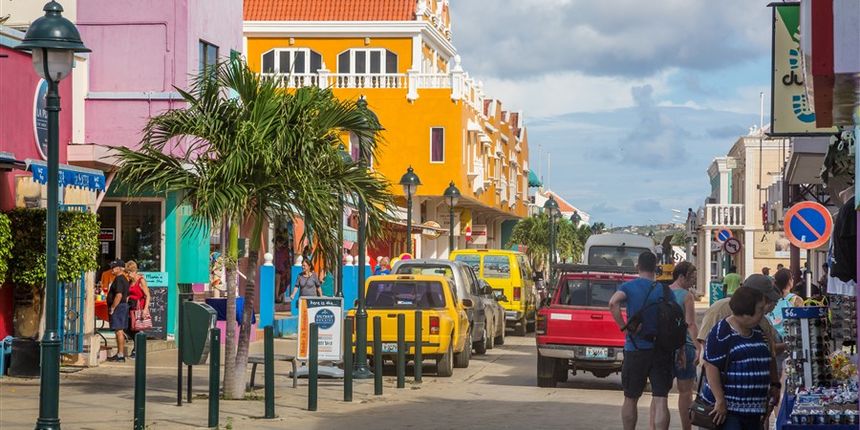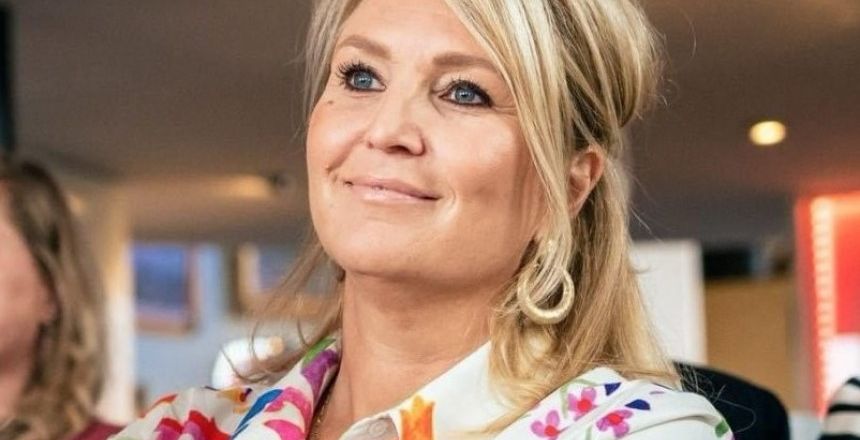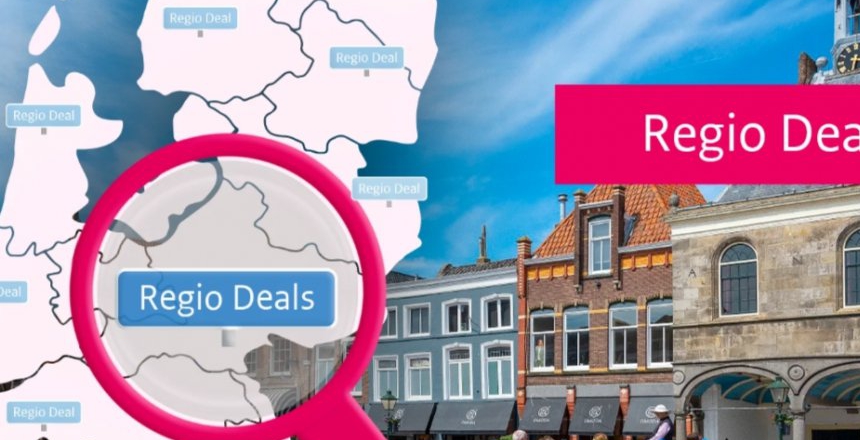News Smart WorkPlace Social Improvement
4 min.
For regions like the Dutch Caribbean and for islands like Curaçao in particular, location and climate are simultaneously a blessing and a curse, economically speaking at least. On the one hand, they help attract tourists which in turn generates revenues for the local economy, but on the other hand, this natural fit with tourism often makes islands like Curaçao over-dependent on the sector. This is especially true for the Caribbean, one of the most popular touristic regions in the world, where most of the islands have grown increasingly dependent on tourist visitors over the years.
This dilemma became abundantly clear since the outbreak of the global COVID-19 pandemic. Tourism in the Dutch Caribbean dropped between 60% and 80%, which saw much of the local economies all but collapse over a very short period of time. As they say though, disaster can breed innovation, and this is exactly what happened in Curaçao. To deal with the sudden drop in economic activity and the related uncertainty as to when tourism can be expected to be back to its old levels, the local authorities have launched a new type of work visa aimed at remote workers or “digital nomads” as they are sometimes called as well.
@HOME in Curaçao
The new visa program, which was first announced at the beginning of 2021, is the result of the government of Curaçao recognizing the opportunity of combining the island’s unique living and working conditions with the growing number of digital nomads (and aspiring digital nomads) around the world. As Minister of Economic Development, Dr. Ivan Steve “Steven” Martina heads the @HOME in Curaçao program and he presents it as an excellent opportunity for the country as a whole to work towards a more stable, more self-sustainable, and more diversified local economy.
Contrary to tourists, who generally stay on the island for a limited time and tend to spend most of their money in and around the many hotels and resorts, remote workers represent a much more stable and long-term source of economic activity. As they look to settle in Curaçao for the medium or even the long term, a large part of their periodic income will be spent locally on anything from rent and groceries to co-working spaces, hairdressers and entertainment. This makes them more invested in the local communities and economy, and a real contributor to the Curaçao’s development.
As far as the @HOME in Curaçao program goes, the new remote worker visas will be valid for a maximum of six months before an extension of another six months needs to be requested. There are a few other requirements as well, like payment of a fee of about USD 300 (535 Netherlands Antilles Guilders), but nothing too prohibitive. The idea behind the remote worker visa, after all, is to make it easier and more attractive for digital nomads to pick Curaçao as their home base.
Economic diversification as the way forward
As we wrote earlier, while the tourism industry is indispensable for Curaçao and a major catalyst for economic growth, it also creates dependence for such small Caribbean islands. It’s therefore smart for the local economy to seek ways to diversify its sources of economic activity and income, and the @HOME in Curaçao program is one of those ways. Tourism will undoubtedly remain as one of the major industries on the island, you can’t expect anything less for a place with such incredible natural richness and local hospitality, but a deeper focus on attracting digital nomads can reduce Curaçao’s dependence on the sector and at the same time improve its resilience to future economic shocks.
On top of that, remote workers are not only good for the income they bring to the island, far from it. Possibly even more important than the money they will generate and spend over a longer period of time is their deeper involvement in the local communities. Instead of seeing Curaçao as a place where they go on holidays for a week or two, they will start seeing it as their home, at least temporarily. More than economic activity, this will create engaged community members with a social role in daily life on the island.
A final point to make in this regard is the human and intellectual capital that remote workers can bring to Curaçao. In contrast to tourists, digital nomads are active professionals in different industries who have decided to make their contributions while based on the island. This means that they will also be bringing their expertise, their skills, and their experience with them. It’s not hard to see how this can be of benefit to local communities, while in the best case, a remote worker can actually decide to set up shop permanently on the island, for example in the form of a start-up. This in turn will create further employment opportunities for locals and hopefully provide a boost for the island’s entrepreneurial scene. Some members of the Dutch Caribbean’s widespread diaspora might even be convinced by such developments to move back to the lands of their ancestors.
For more information about the @HOME in Curaçao program, you can visit the program’s official website here. You can also get in touch with Future Islands here with questions or if you could use some help getting started.
The basis for this article was originally published on www.islandinnovation.co in 2021.





